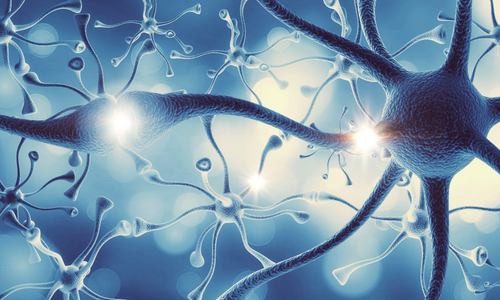4 Reasons why it is difficult to recover from Food Addiction | Part 1 of 2

Issue No. 4 | Brought to you by the Addiction Reset Community – ARC
Unlocking the secrets of processed food addiction and guiding you to find freedom from food and weight obsession.

Food addiction may be more difficult to put into remission than drug addiction. Due to availability, lots of triggers, misinformation, and the skills required for recovery, food addiction can be tough to overcome.
These are some of the reasons why your efforts to get control of your food may have failed.
Processed foods and relapse triggers are everywhere

- Addictive foods are available at home, workplaces, along our roads, at our entertainment and sports events, faith organizations and shopping venues. They are woven into our family, social and business traditions and are much easier to get than recreational drugs.
- Our household members may pressure us to keep processed foods in our home and it may be difficult for a recovering food addict to refuse - because we may feel guilty about ‘depriving’ others of processed foods.
- Heroin addicts can avoid the triggering sight of needles, but food addicts cannot avoid the sight of knives, forks, plates, tables, grocery stores, and similar items. These visual triggers from overuse of processed foods are present every day and everywhere, during our recovery.
Our bodies and minds are susceptible

- All of the major addictive brain pathways are activated by different processed foods. These include the opiate, dopamine, serotonin, endorphin, and endocannabinoid pathways. When many different substances are being used, the addiction is harder to put into remission.
- These pathways contain cells which are vulnerable to Pavlovian conditioning to crave. In previous issues of the blog, we learned how big tobacco companies transferred their addictive business model to the processed food industry and deliberately taught our brains to crave by understanding this vulnerability.
- Food addiction can be made worse by dysfunction throughout the body including enzymes, peptides, hormones and even bacteria growing in our guts.
- Food addiction is reinforced by survival instincts which encourage us to eat calorie-dense foods.
- Food addiction can start at a very young age. The younger an addiction starts, the harder it is to put into remission. The processed food industry targets children.
You can read Part 2 of “4 Reasons Why It is Difficult To Recover From Food Addiction” in the next issue of our weekly newsletter.

Within the Addiction Reset Community (ARC) our members and their journeys are important to us. We find their stories inspiring and hopeful for everybody in health recovery.
I had been fasting, and eating low carb for 3 years and one day while I listened to the low-carb MD podcast I heard Dr Joan Ifland talking about a processed food addiction program and I was fascinated. The Addiction Reset Community (ARC) saved me from myself and introduced me to myself. I quickly realized I had a severe processed food addiction. I have learned to love myself and that I am enough and that other people's opinions of me are none of my business. My hope is to tell people about my experience and how the ARC has helped me transform myself. The ARC is built on a foundation of neuroscience using zoom chats with like-minded people from all around the planet and these amazing writing exercises.
The ARC gave me a safe place to bring all my stuff, good or bad. I cried a lot in the beginning, so much that I almost quit because it felt like too much. I'm so glad I didn't quit. I can still find stuff to talk about after one year of baring my soul to the would-be strangers, I now call friends. I'm in the ARC manager training (AMT) program and I have 17 members I am advocating for and it has changed my life. Being an ARC Advocate has given my life purpose.

Many people reach out to Joan asking for advice and assistance on how they can begin their recovery journey.
Dear Joan
Before getting on a clean food plan a year ago, I was so sick with diabetes, broke from both the cost of insulin/diabetes supplies and the cost of fast food/grocery binges constantly. Not, the Diabetes is manageable, under control and I'm on my way to full remission from Diabetes. My health and my mood are more stable than it's been in years. Is there a direct link between processed food and Diabetes?
Joan responds:
Processed carbohydrates are released into the bloodstream rapidly. The rise in glucose in the blood is dangerous. The pancreas responds by releasing insulin which travels to fat and muscle cells and signals the cells to open up and take in the extra glucose. Over time, the receptors for insulin on the fat and muscle cells wear out. It slides down into the cell. Now insulin is ineffective in reducing glucose so it rises. This is dangerous as the blood can now burst the smallest capillaries in the eyes and kidneys. Processed foods are addictive so diabetics continue to eat them. This is not their fault.
DISCLAIMER:
Dr Joan Ifland (PhD) is a global expert on the subject of processed food addiction and is not a medical doctor. Information and response shared in this Newsletter are not intended for, and should not be construed as medical advice.

Do you have a question? Reach out to us with your questions about food addiction and recovery at gethelp@foodaddictionreset.com
Are you showing signs of Processed Food Addiction? Take this self-quiz to find out now!

Recent copies of Dr Joan Ifland's Blog:

